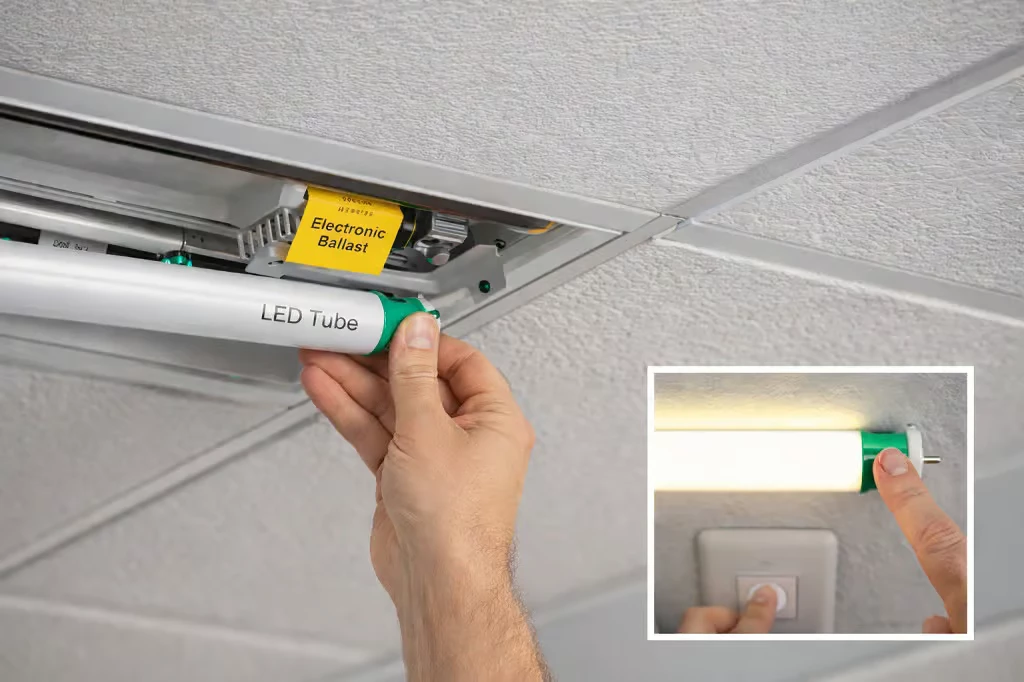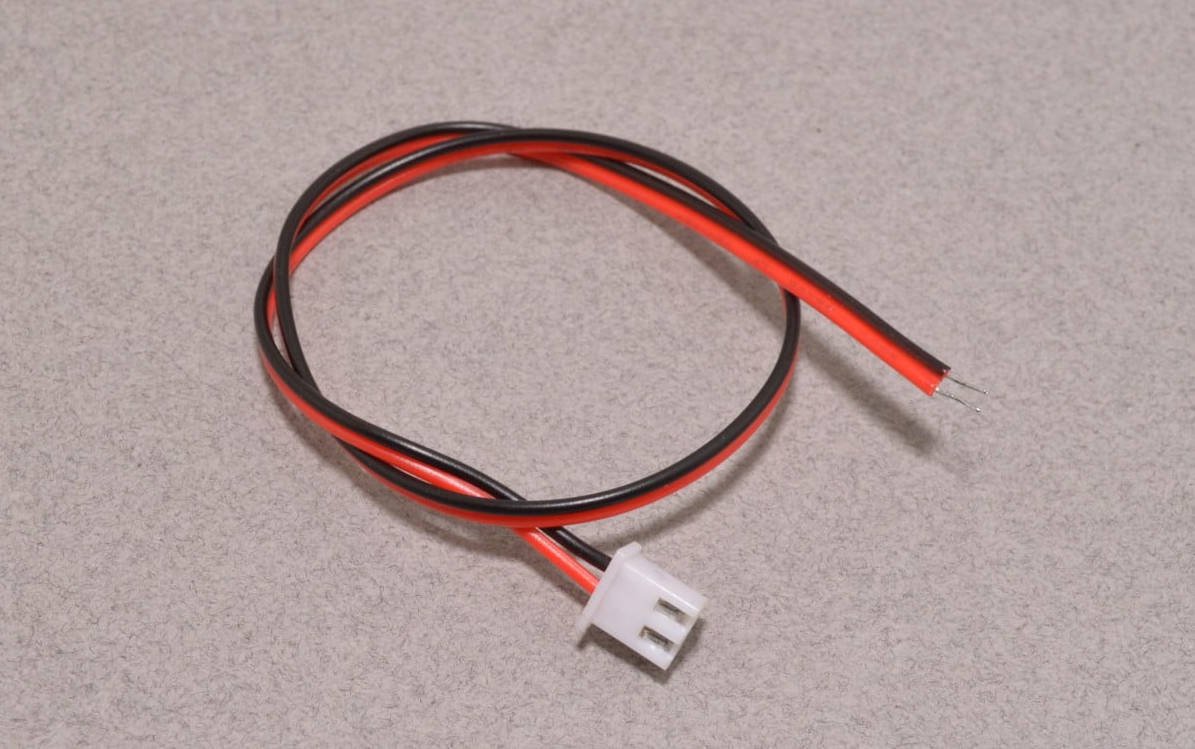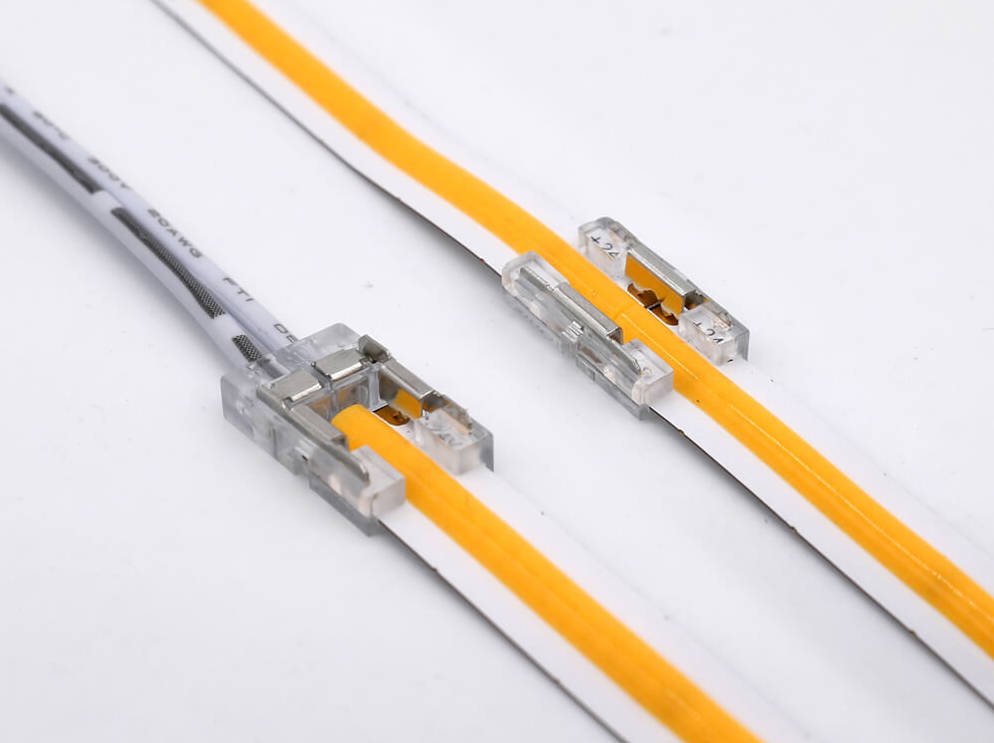Introduction
Wafer Connectors play a crucial role in ensuring the seamless operation of various electronic devices. Their durability and reliability are paramount, especially in applications that demand high performance and longevity.
This article explores the essential testing methods that ensure Wafer Connectors meet these stringent requirements, helping users make informed decisions when purchasing from a Wafer Connectors supplier or manufacturer.

Understanding Wafer Connectors
Wafer Connectors are compact, interconnect solutions used extensively in industries such as electronics, automotive, and aerospace.
They provide critical electrical connections within devices, making their performance and reliability vital. These connectors are designed to handle high-density applications while maintaining efficient signal transmission.
Importance of Testing Wafer Connectors
Ensuring the durability and reliability of Wafer Connectors is crucial for several reasons. Connector failure can lead to device malfunctions, costly repairs, and even safety hazards. Testing Wafer Connectors is an essential step in quality assurance, providing confidence in their performance under various conditions.
Key Testing Methods for Wafer Connectors
Mechanical Testing
Mechanical testing evaluates the physical robustness of Wafer Connectors. This includes:
Tensile and Compression Tests
These tests measure the mechanical strength of the connectors. Tensile tests pull the connectors to determine their breaking point, while compression tests apply pressure to check their resistance to deformation. Such tests ensure that the connectors can withstand mechanical stresses during installation and use.
Vibration and Shock Tests
Vibration and shock tests simulate real-world conditions where connectors might experience continuous vibrations or sudden impacts. This testing ensures that Wafer Connectors remain intact and functional under such stresses, preventing failures in critical applications.
Environmental Testing
Environmental testing examines how Wafer Connectors perform under various environmental conditions, including temperature and humidity.
Thermal Cycling
Thermal cycling tests involve repeatedly exposing connectors to extreme temperature changes. This helps assess their ability to withstand thermal expansion and contraction, which can cause material fatigue. Typical thermal cycling might range from -40°C to 125°C.
| Temperature Range (°C) | Cycle Count | Duration per Cycle (hrs) |
| -40 to 125 | 1000 | 1 |
| -55 to 85 | 500 | 2 |
Humidity and Corrosion Testing
Connectors are also tested for their resistance to humidity and corrosion. These tests involve placing connectors in high-humidity environments or exposing them to corrosive substances to ensure they maintain functionality in adverse conditions.
Electrical Testing
Electrical testing focuses on the connector’s ability to transmit electrical signals without loss or interference.
Contact Resistance Measurement
Low contact resistance is crucial for efficient electrical performance. This test measures the resistance between the contacts of the connector to ensure minimal loss.
Insulation Resistance and Dielectric Withstanding Voltage
These tests ensure the connectors’ insulation properties. Insulation resistance testing measures the resistance between isolated parts, while dielectric withstanding voltage tests check the connector’s ability to handle high voltage without breakdown.
Advanced Testing Techniques
X-Ray and Microscopy Analysis
Advanced analysis techniques like X-ray inspection and microscopy are used to examine the internal structure of Wafer Connectors without causing damage. These methods are crucial for identifying manufacturing defects such as voids, cracks, or misalignments that can compromise performance.
Finite Element Analysis (FEA)
Finite Element Analysis (FEA) is employed to simulate the stresses and strains experienced by Wafer Connectors under different operating conditions. By modeling these scenarios, engineers can optimize the design to enhance durability and reliability.
Standards and Certifications
Wafer Connectors must adhere to industry standards and certifications to ensure quality and reliability. Standards such as IEC, UL, and MIL-STD outline specific testing procedures and performance criteria. Compliance with these standards not only ensures product quality but also facilitates global market acceptance.
Choosing a Reliable Supplier
Selecting a reputable Wafer Connectors supplier or manufacturer is crucial for obtaining high-quality products that meet stringent performance requirements.
When evaluating suppliers, consider their testing protocols, certifications, track record, and customer feedback. Asking specific questions about testing methods and quality assurance processes can help ensure you partner with a reliable supplier.
Conclusion
In conclusion, thorough testing is essential to guaranteeing the durability and reliability of Wafer Connectors. Mechanical, environmental, and electrical testing methods play a vital role in verifying the connectors’ performance under various conditions.
Advanced analysis techniques and adherence to industry standards further enhance confidence in their quality. By choosing a trusted supplier with robust testing and quality assurance practices, users can confidently integrate Wafer Connectors into their applications, knowing they will perform reliably over time.



